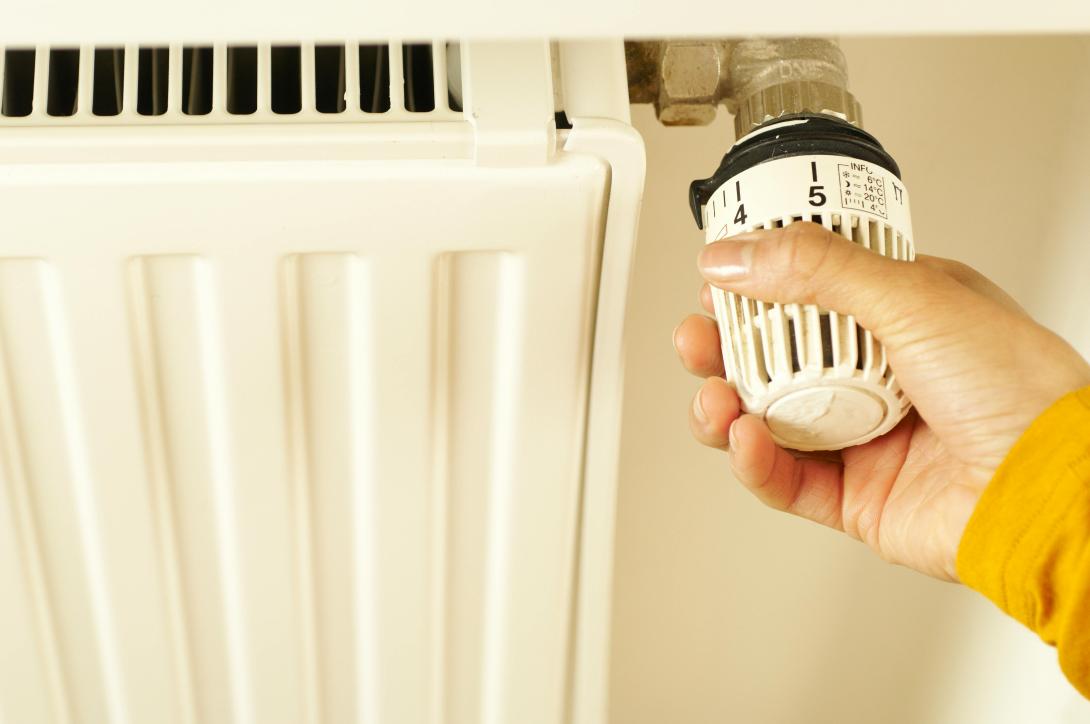Monthly living expenses—such as rent, groceries, utilities, and transportation—can add up fast. So it makes sense to try to spend less where you can. One way to spend less is to reduce your energy use. By making small changes that increase your energy efficiency, you can save on energy costs every day.

Home heating
Home heating will probably be your largest energy expense over the year. For most people, heating accounts for about 60% of total energy use. The number one factor that influences energy use is the outside temperature. As it gets colder outside, the more your heating system needs to work to keep a comfortable temperature inside. But there are a few things you can do to spend less:
- Don’t overheat. Turn thermostats down at night and when you’re away throughout the day. Getting a programmable electronic thermostat makes it easy to automate this kind of thing.
- Turn electric baseboard heaters off at the electrical panel until the start of the heating season.
- Use window efficiency kits—including weather-stripping, caulking, and expanding foam that seals air leaks—to increase the performance and comfort of older windows.
- In winter, keep curtains or drapes open during the day to let the sun’s heat in. Then keep them closed at night to keep the heat in. In summer, do the opposite.
Hot water
For most people heating water accounts for about 20% of annual energy use. Things you can do to spend less on water heating include:
- Fix leaking hot water pipes and faucets.
- Limit shower time and use low-flow shower heads.
- Use cold water to wash clothes and hang clothes to dry when possible.
Appliances and lighting
For most people, appliances and lighting account for about 20% of annual energy use. Things you can do to spend less on these things include:
- If it’s not in use, turn it off. This includes lighting, computers, TVs, and fans.
- Unplug old, empty fridges or freezers.
- When replacing appliances, look for the Energy Star® label (this identifies appliances that are more energy efficient).
- Consider using timers for devices that can have a major impact on your bill, such as air conditioners, dehumidifiers, pumps, car heaters, heating cable, and heat recovery ventilators.
- Switch to LED light bulbs, which are 85% more energy-efficient than other lightbulbs and last longer.
- Use a microwave or toaster oven when possible to use less energy than a stove or oven.
Visit Save Energy NB for other ideas for saving energy.